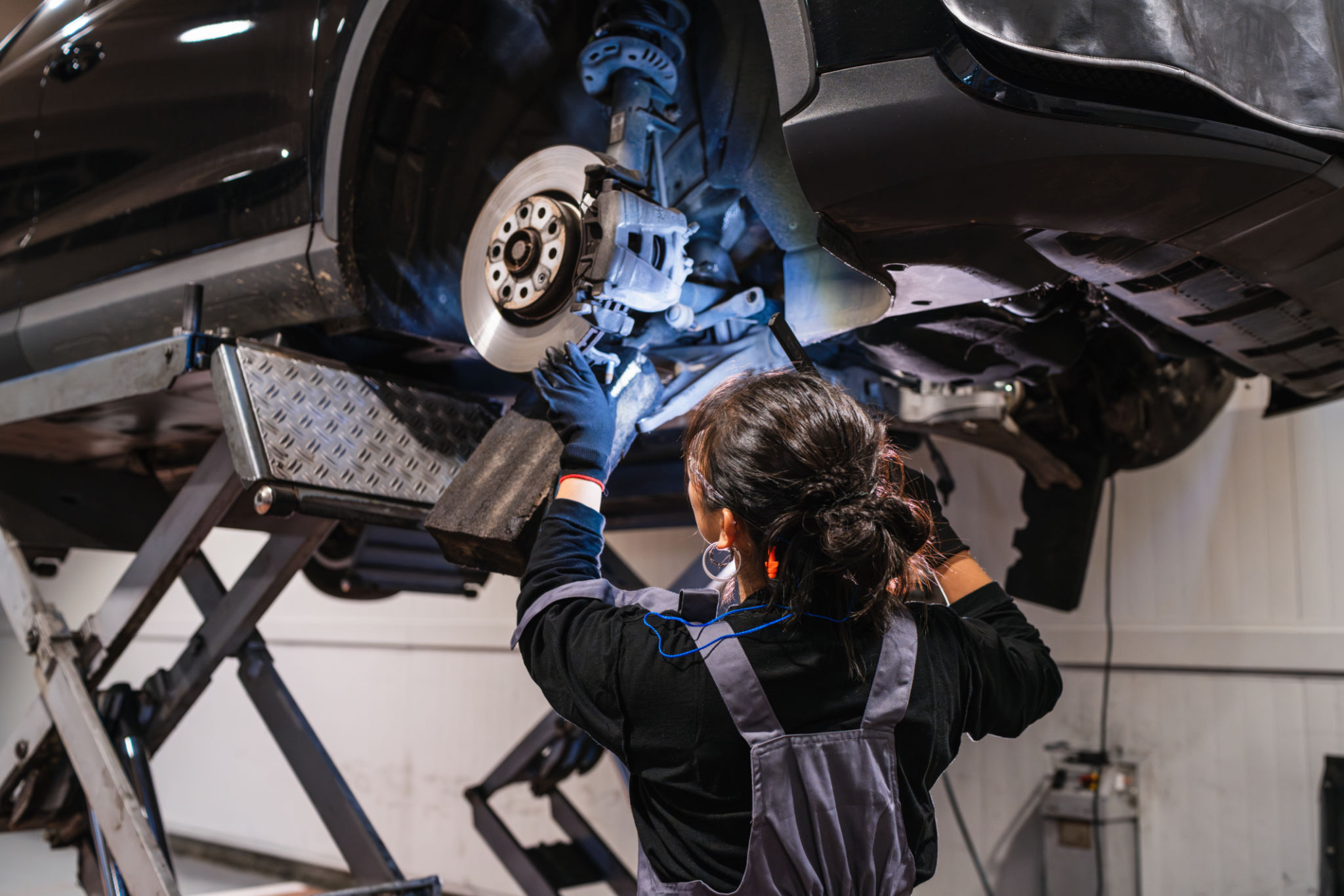How to Diagnose Common Car Problems: An Expert's Guide from Capital City Car Care
Understanding Your Car's Common Issues
At Capital City Car Care, we believe that understanding your vehicle's problems is the first step toward effective maintenance. Often, car issues can be diagnosed with a bit of patience and some basic knowledge. This guide aims to help you identify common car problems and determine whether you can address them yourself or need professional assistance.

The Basics: Listening and Observing
The first step in diagnosing car problems is to listen and observe. Pay attention to any unusual sounds or changes in performance. Is your car making a strange noise or vibrating excessively? These symptoms can be clues to underlying issues. For example, a squealing sound when you brake could indicate worn brake pads, while a whining noise might suggest a problem with the power steering.
Dashboard Warning Lights
Your car's dashboard is equipped with warning lights designed to alert you to potential issues. Familiarize yourself with these symbols and their meanings, as they can provide valuable insights into your car's health. If a warning light turns on, refer to your owner's manual for guidance on what the light indicates and the steps you should take.

Identifying Specific Problems
Engine Issues
If your car is experiencing engine problems, you might notice symptoms such as rough idling, poor acceleration, or stalling. These issues could be caused by a variety of factors, including a faulty spark plug, clogged fuel filter, or malfunctioning oxygen sensor. Regular maintenance checks can prevent many engine-related issues.
- Check the oil level and quality.
- Inspect spark plugs for wear and tear.
- Ensure the air and fuel filters are clean.
Battery and Electrical Problems
A dead battery is one of the most common car problems. Signs of a failing battery include dim headlights, difficulty starting the car, and electrical components not working properly. To diagnose battery issues, check the connections for corrosion and ensure they're tightly secured. If the problem persists, it may be time for a replacement.

Addressing Suspension and Brake Concerns
Suspension System
Your suspension system is crucial for a smooth ride and vehicle control. If you notice the car pulling to one side or feel excessive bouncing, it may indicate suspension issues. Check for uneven tire wear, which can also suggest alignment problems.
Braking System
If you experience spongy brakes or hear grinding noises when stopping, it's important to inspect your braking system immediately. Worn brake pads or low brake fluid levels can compromise your safety. Regularly check the condition of brake components to ensure they function correctly.

Final Thoughts: When to Seek Professional Help
While diagnosing common car problems can often be done at home, it's important to know when to seek professional assistance. If you're unsure about an issue or it involves complex systems like the transmission or engine, consult with our experienced technicians at Capital City Car Care. Regular maintenance and timely repairs can keep your vehicle running smoothly and extend its lifespan.
